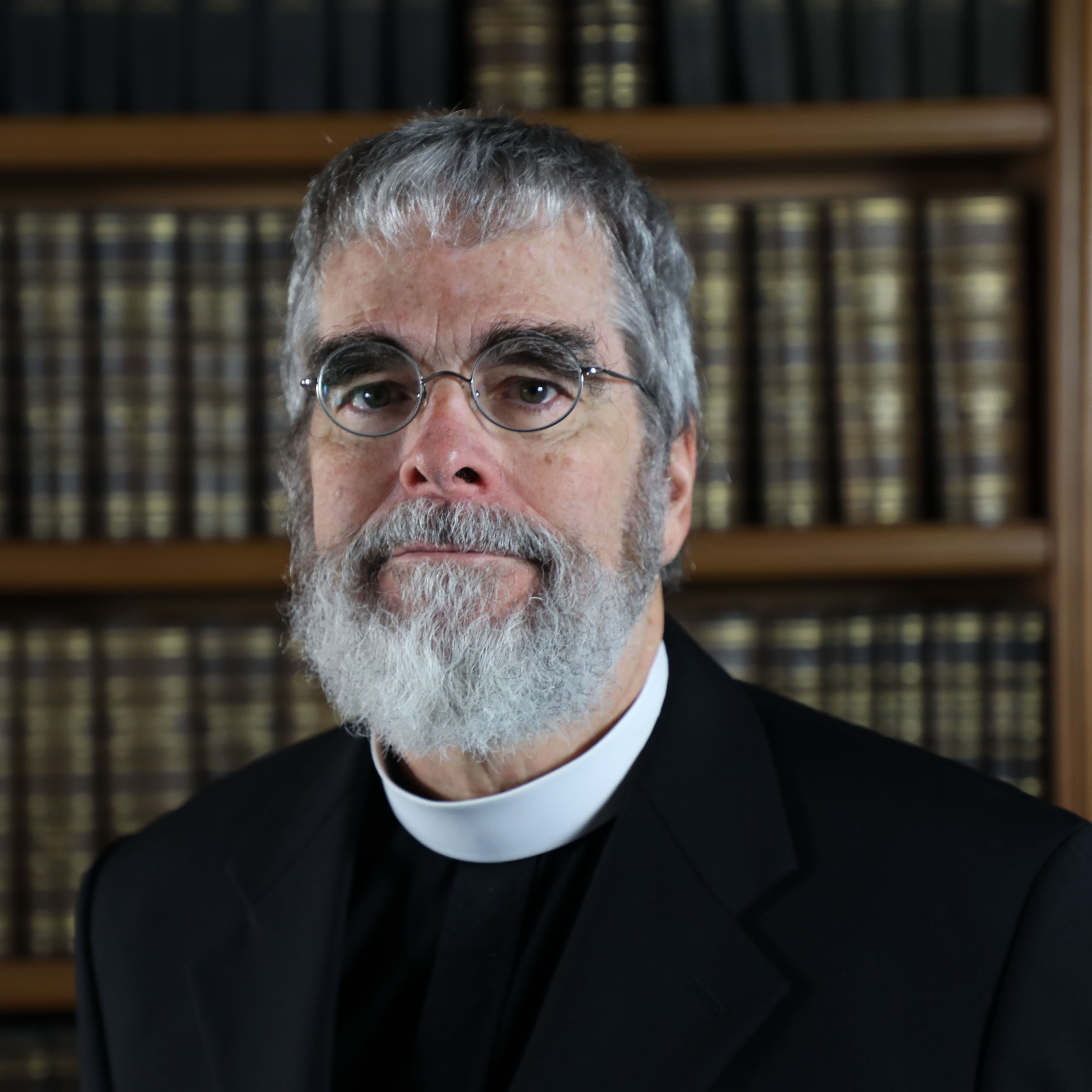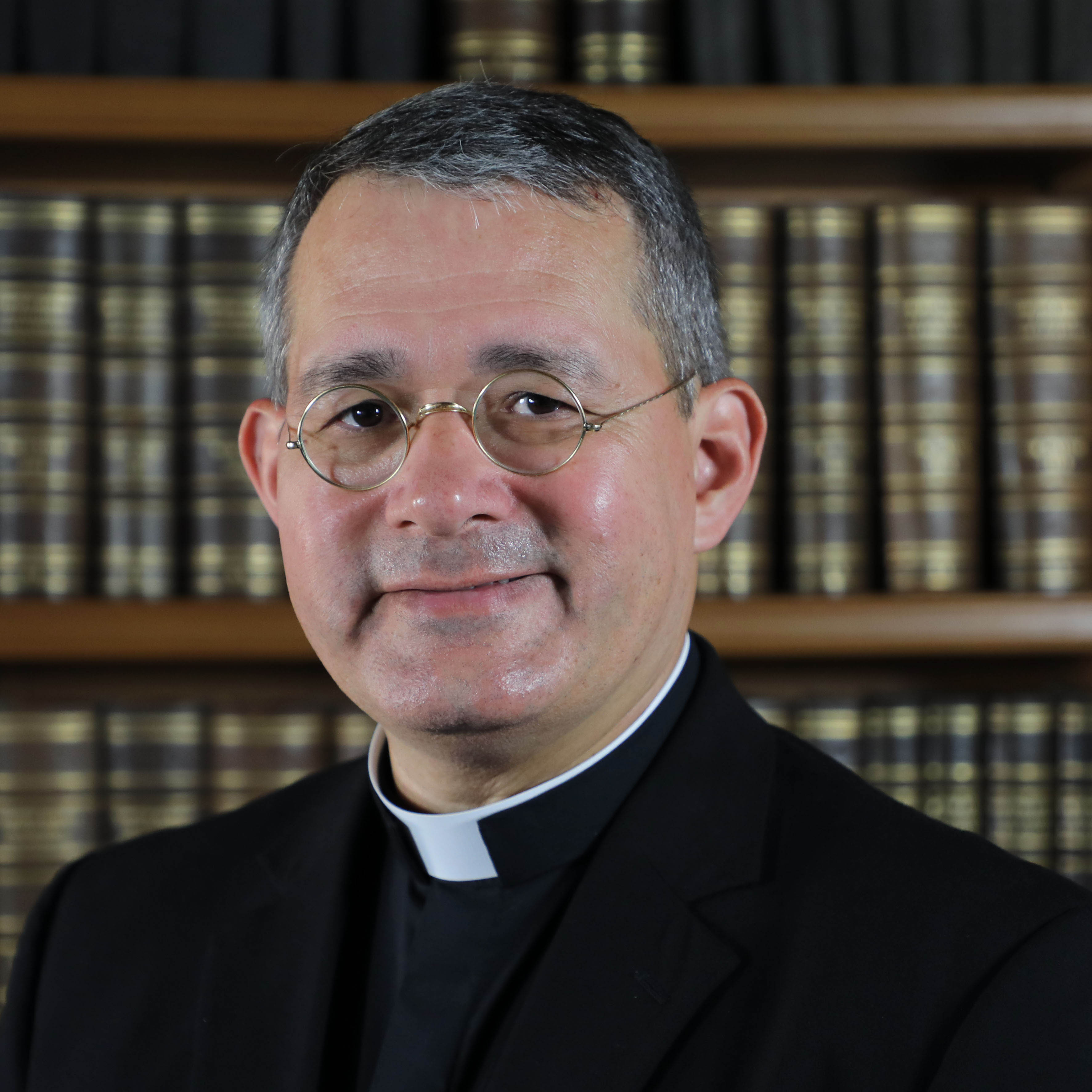The Vatican Observatory is pleased to announce the
2025 Summer School
TOPIC
Since the first release of data from the James Webb Space Telescope (JWST) in July 2022, we have witnessed a transformation in astronomy. VOSS 2025 will present a comprehensive overview of the major JWST results in its first three years (2022-2025), covering the four major scientific themes of JWST: (1) First Light and Reionization, (2) Assembly and Evolution of Galaxies, (3) Birth of Stars and Protoplanetary systems, and (4) Planetary Systems and the Origin of Life. In parallel, we will also provide a series of hands-on tutorials for JWST data processing and analysis. VOSS 2025 will convey the excitement of astronomical research in the era of JWST and the skills to pursue research projects spanning a broad range of themes in astrophysics.
MAIN THEMES
- First Light and Reionization
- Assembly and Evolution of Galaxies
- Birth of Stars and Protoplanetary systems
- Planetary Systems and the Origin of Life

EIICHI EGAMI (Chair) - University of Arizona, US; JWST/NIRCam team
Eiichi Egami is a research professor at Steward Observatory, the University of Arizona, and a member of the JWST NIRCam instrument and science teams. He studies galaxies near and far using both space and ground-based telescopes with a strong emphasis on multi-wavelength observations. His scientific interests include infrared-luminous galaxies, massive clusters of galaxies, gravitational lensing, galaxies in the early universe, and high-redshift transients/supernovae. Before JWST, he was involved in a series of ESA & NASA space missions such as Infrared Space Observatory, Spitzer Space Telescope, and Herschel Space Observatory. He is the PI of the 600-hour JWST treasury program SAPPHIRES (Slitless Areal Pure-Parallel High-Redshift Emission Survey).
Eiichi Egami is an alumnus of the 1990 VOSS.
ROBERTO MAIOLINO - University of Cambridge, UK; JWST/NIRSpec team
Roberto Maiolino is professor of Experimental Astrophysics at the Department of Physics and at the Kavli Institute for Cosmology of the University of Cambridge. He is also Honorary Professor at University College London and Fellow of the Royal Society. He studies the formation, evolution and transformation of galaxies and black holes across the cosmic epochs, by using observations collected at some of the largest ground-based and space telescopes. He has been playing a leading role in several projects, including the James Webb Space Telescope, the MOONS spectrograph for the Very Large Telescope, and the ANDES spectrograph for the Extremely Large Telescope.
Roberto Maiolino is an alumnus of the 1993 VOSS.
ALMUDENA ALONSO HERRERO - Centro de Astrobiología, ES; JWST/MIRI team
Almudena Alonso Herrero is a senior staff scientist at the National Research Council in Spain and member of the Spanish Royal Academy of Sciences. She is an expert in star forming and active galaxies. Since 2003, she has been Spanish co-investigator in the JWST-MIRI European Consortium and currently coordinates the activities of the nearby galaxy team. She belonged to the science teams of the NICMOS instrument on the Hubble Space Telescope, MIPS on the Spitzer Space Telescope, and CanariCam on the Gran Telescopio Canarias. She is one of the founders of the international GATOS collaboration, which has the overarching goal of understanding how the growth of supermassive black holes is coupled to the innermost parts of their host galaxies.
Almudena Alonso Herrero is an alumna of the 1993 VOSS.
MARIA DROZDOVSKAYA - Physikalisch-Meteorologisches Observatorium Davos und Weltstrahlungszentrum - PMOD/WRC, CH
Maria Drozdovskaya is a molecular astrophysicist with a focus on how stars and planets form from prestellar cores to protostars and protoplanetary disks. She is particularly interested in the emergence of chemical complexity under interstellar physical conditions and how it connects to our Solar System, with an emphasis on comets. She is a Science Collaborator of the JWST ERS “Ice Age” team and PI and co-I of JWST observing programs investigating the chemical composition of natal regions of stars and planets. Her other key expertise is radio astronomy; and she is a co-PI of the “COMPASS” ALMA Large Program. Prior to being a Holcim Foundation Fellow at the Physikalisch-Meteorologisches Observatorium Davos und Weltstrahlungszentrum (PMOD/WRC), she spent 7 years at the Center for Space and Habitability (CSH) at Universität Bern: initially, as a CSH and IAU Gruber Foundation Fellow and subsequently, as an awardee of the SNSF Ambizione Grant. She obtained her PhD in October 2016 at Universiteit Leiden supported by the Huygens Fellowship.
THOMAS GREENE - IPAC/Caltech, US; JWST/NIRCam and MIRI team
Thomas (Tom) Greene is an Astrophysicist at NASA’s Ames Research Center. His research interests include observational studies of young stars and exoplanets as well as developing astronomical observatories and instrumentation. Greene was a co-investigator on the JWST NIRCam and MIRI JWST instruments and is now leading the JWST MANATEE guaranteed time observing program to characterize exoplanet atmospheres. While at NASA Ames he has served as the Director of the Ames Center for Exoplanet Studies, Project Scientist of the SOFIA mission, and Chief of the Astrophysics Branch. Before joining NASA, he was a staff scientist at the Lockheed Martin Advanced Technology Center, on the University of Hawaii faculty, and on the NASA Infrared Telescope Facility staff. Greene received a Ph.D. in astronomy from the University of Arizona.


CONTACT
Guy Consolmagno, SJ (Director)
Specola Vaticana
V-00120 Vatican City State - Rome, Italy
Tel.: +39 06 698.85266 FAX: +39 06 698.84671
E-mail:

